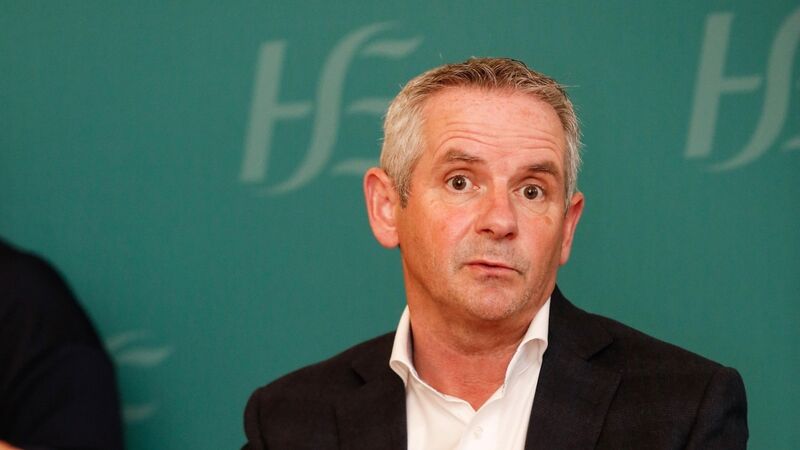'Inequality' in nursing home funding to come before public accounts committee

HSE chief Paul Reid, who is to address the Public Accounts Committee. Picture: Leon Farrell / Photocall Ireland
Ireland’s nursing home support scheme, known as the Fair Deal, is subject to a “huge chasm and inequality in funding” between private and public nursing homes, the Dáil’s Public Accounts Committee (PAC) has been told.
The PAC will hear from Paul Reid, chief executive of the HSE, which administers the Fair Deal, and Colm O’Reardon, acting secretary general of the Department of Health, with regard to an audit of the scheme by the State’s accountant, the Comptroller and Auditor General.










